#apiculture
Explore tagged Tumblr posts
Text




Bee-yond Sweetness: World Bee Day! 🐝
World Bee Day is celebrated each year on May 20th. The United Nations established this day to raise awareness about the importance of bees and other pollinators for our ecosystem, biodiversity, and food production. The date was chosen to honor Anton Janša, a pioneer of apiculture (beekeeping), who was born on May 20, 1734.
To celebrate the day, we are showing The Battle of the Bees and Other Stories by Carl Ewald (1856-1908), translated and adapted from the Danish by Margaret Sperry, with illustrations by Lily R. Phillips (1921-2022). It was published in 1977 by Crane, Russak & Company, a small independent publishing establishment founded in 1973 in New York City.
Carl Ewald (1856-1908) was a Danish novelist renowned for his fairy tales. In his youth, he studied to become a forester, but an illness prevented him from completing his studies. His deep concern for ecology was almost prophetic, illustrated through these stories that offer engaging lessons about the importance of maintaining balance in nature.
Margaret Sperry is a talented author who has written a variety of works, including children's books, novels, plays, and poetry. Originally from Chicago, she completed her degree at the University of Wisconsin-Madison.
Lily R. Phillips (1921-2022) is renowned for being one of the first women in the comic book industry. She started her career in the 1940s, a time recognized as the Golden Age of Comics. She fled Vienna, which was under Nazi occupation, and eventually made her way to New York City. There, she secured a position as a penciller and inker at the comic book publisher, Fiction House.
This year’s celebration highlights the vital role of bees and other pollinators in global food security and nutrition, reminding us of their importance to the health of our planet!
-View previous World Bee Day posts.
-Melissa (whose name means honeybee), Special Collections Library Assistant
#world bee day#anton jansa#bees#beekeeping#save the bees#battle of the bees#carl ewald#margaret sperry#lily r. phillips#apiculture#Crane Russak & Company#holidays
45 notes
·
View notes
Text

Bee logo design - line style 🐝
What do you think about this concept 💬👇?
#bee#honey bee#cutie honey#logo#apiculture#illustration#artists on tumblr#art#artwork#spain#madrid#lineart
29 notes
·
View notes
Text

The super hive is still going strong. The rest of the hives are still empty… this spring I’m making a comeback though!!!
#bees#beekeeper#beekeeping#fox#talks#honeybee#honeybees#honey#bee#hive#hives#natural#nature#apiculture#insect#insects#bug#bugs#photo#photography
57 notes
·
View notes
Text

Day 8 of Stream Ink is Honey Day! These lil beekeepers are attending my to their hives with the greatest of love and care, and the lil bees are enjoying all the wildflowers dotting the nearby hills. Nevermind that this honeyed ink colour kind of makes it look like a desert planet shhhhhh
22 notes
·
View notes
Text

Transition goal <3
#transgender#gender#gender envy#queer#trans#trans representation#lgbt#transition goals#lgbtqia#gnc#ftm#mtf#transfem#transmasc#gender euphoria#trans joy#non bianry#enby#beekeeping#bee#apiculture#college life
40 notes
·
View notes
Text

Tending the Bees
#metamorphicmuse#dall e#ai image#ai male#ai artwork#handsome male#male beauty#gay art#ai art#masculine#apiculture#save the bees#bees#ai art challenge#pastoral#garden#male bonding
15 notes
·
View notes
Text

Hornet
pencils, marker
My hc is Soifon's hobby is apiculture. Backyard of 2nd Division has meadow style garden under trees and there is bunch of antique beehives. Bees are comfortable around Soifon, almost never sting her. And Soifon is comfortable around bees. Time spent in the garden helps her soothe her eternal tension.
14 notes
·
View notes
Text
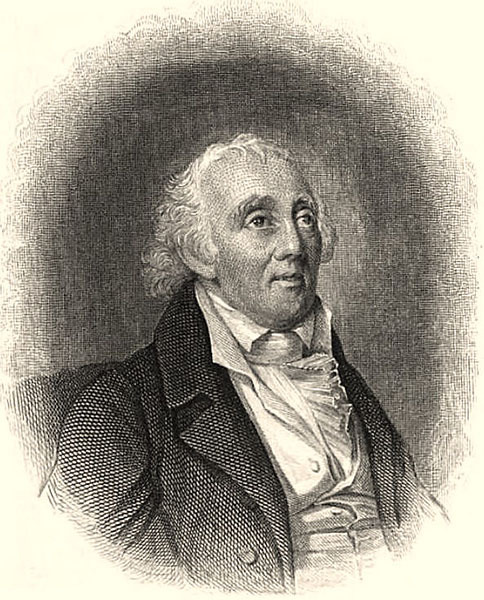



François Huber – Scientist of the Day
François Huber, a Swiss naturalist, died Dec. 22, 1831, at the age of 81.
read more...
#François Huber#François Burnens#bees#apiculture#histsci#histSTM#18th century#history of science#Ashworth#Scientist of the Day
24 notes
·
View notes
Text

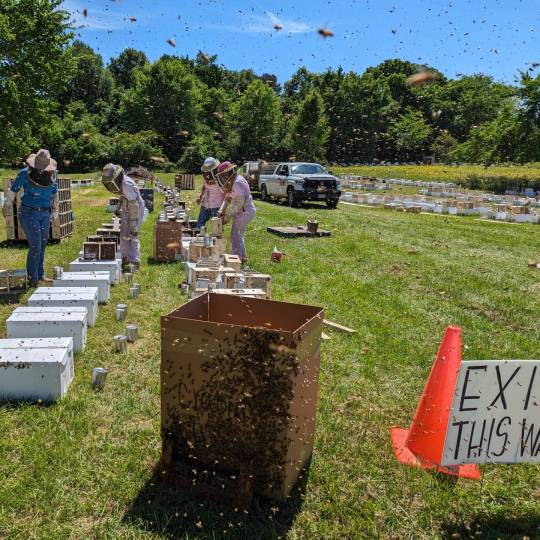


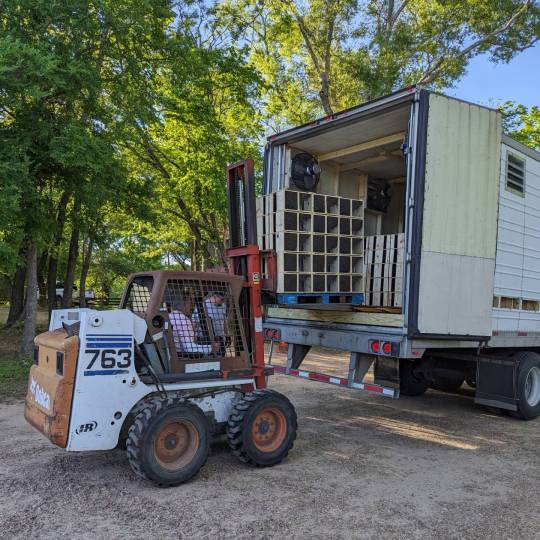
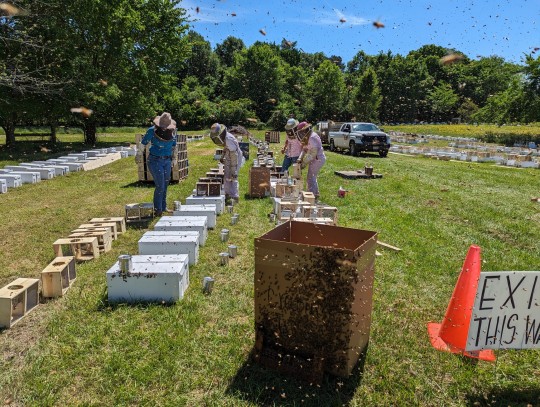
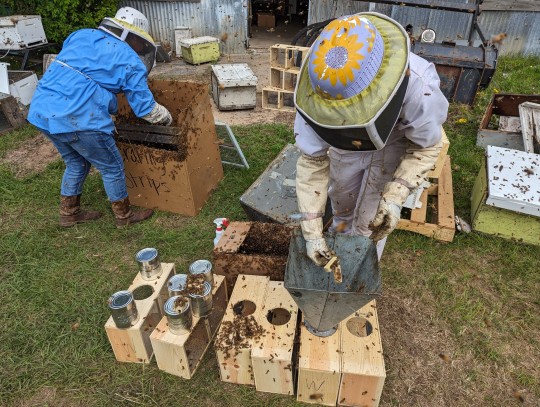
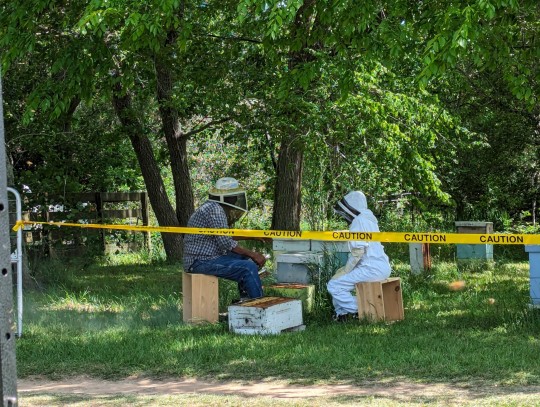

Bee season is here!
#bees#beekeeping#beekeeper#commercial beekeeping#commercial apiary#apiarist#apiculture#honeybees#texas
19 notes
·
View notes
Text

Shoutout to all my medieval beekeeper mutuals.
#don't worry#bee happy#medieval#beekeeper#animation#animated gif#yes i made this#graphic design is my passion#it has been seven million years since i made an animated gif#apiculture#beekeeping#bees#humor#mad props to my homie Pieter Bruegel the Elder#yes i know this is actually not medieval it is early modern do not at me
9 notes
·
View notes
Text

Awake by the morning light
#bees#beekeeper#beekeeping#fox#talks#honeybee#honey#bee#hive#hives#natural#nature#apiculture#insect#insects#bug#bugs#photo#photography
42 notes
·
View notes
Text
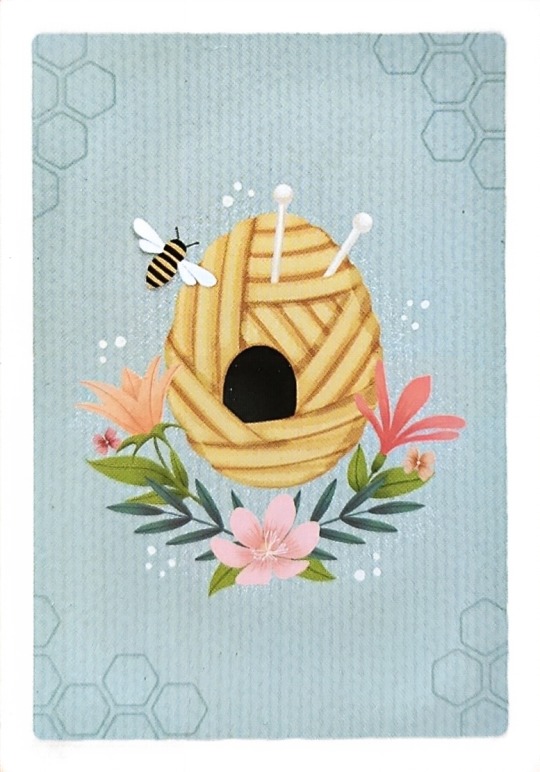

4 of spades
#4 of spades#spades#bee#bees#apiculture#knitting#knitting needles#playing card#playing cards#four of spades
6 notes
·
View notes
Text
Lorenzo Langstroth unvarnished

Lorenzo Langstroth, 1890. From Langstroth on the hive & honey bee, rev. by Dadant. 1892.
December 25th, Christmas Day, is a day for sharing and giving. It also happens to be the birthday of a man known as the father of American beekeeping: Lorenzo Langstroth, born Philadelphia, Pennsylvania in 1810. With both happy occasions in mind, Mann Library is pleased to announce a resource that we’re pretty sure students of beekeeping and its history will find a wonderful gift: a fully digitized, searchable copy of Langstroth’s handwritten personal journal. Where a researcher would have once had to make an in-person trip to our special collections reading room to attempt a deciphering of Langstroth’s (infamously difficult to read) handwriting, the journal is now freely available (and actually readable!) as both a digitized version of the original work and in a transcribed form as part of the online Biodiversity Heritage Library.
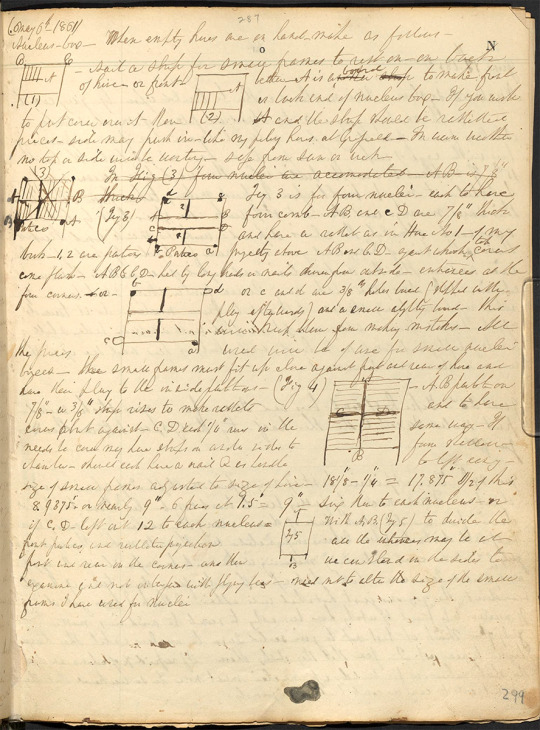
Page from "Journal on matters relating to bees, etc.," unpublished manuscript, Lorenzo Langstroth 1852-1895. in the special collections of Albert R. Mann Library, Cornell University.
For those not yet fully in the know, Lorenzo Langstroth looms large in American beekeeping history thanks to discoveries and inventions he made as a self-taught apiarist, innovations which essentially revolutionized the 19th century practice of beekeeping in North America and facilitated its development into the profitable industry of today. His guide on beekeeping, The Hive and the Honeybee, was first published in 1853 and remains in print even today. Langstroth’s story is also poignantly notable for a reason that you don’t have to a be a beekeeper to appreciate deeply: his struggles with debilitating depression, which stymied many of his professional endeavors. While working intermittently as a pastor and teacher when his mental health allowed, Langstroth found constant, life-affirming inspiration in the bee world he observed closely through the prism of the hives he kept for most of his adult life.
The history of beekeeping stretches back to prehistoric times, but when Langstroth patented his movable frame beehive in 1852 it created a worldwide revolution in the practice of keeping bees. On this page of his journal, we see the exact moment—the “aha” moment—that Langstroth landed on his brilliant insight: the significance of applying the concept of "beespace" to design hives that allow easier harvesting of honey than possible in earlier hive structures. The rest, as they say, is history.
The journal Langstroth kept is a treasure for several reasons. It provides fascinating insight into pivotal moments of beekeeping’s technological history. It is, as well, an intimate view of resilience in face of sometimes devastating mental health challenges. And last but really not least, in the comments and pet peeves that Langstroth also recorded in his ongoing notes-to-self, his off-the-record writing offers a more mundane but no less instructive tour through the day-to-day concerns—from keeping bee hives productive to the vexing challenges of protecting trade secrets and securing patents for promising new discoveries in a timely way—that would have been top-of-mind for any aspiring agricultural entrepreneur of the 19th century.
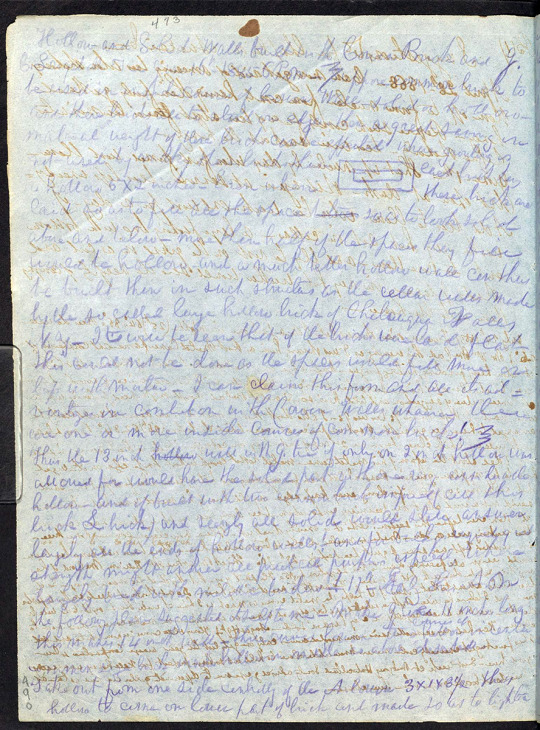
Page from "Journal on matters relating to bees, etc.," unpublished manuscript, Lorenzo Langstroth 1852-1895. in the special collections of Albert R. Mann Library, Cornell University.
The online availability of Langstroth’s journal in both its handwritten and transcribed form has been a work very long in the making. When early 20th century entomologist Everett Franklin Phillipps joined the Cornell faculty 1924, he made it his mission to establish one of the world’s most important collections of beekeeping materials—now known as the E. F. Phillips Collection at Mann Library. Recognizing the importance of one of this collections’ gems—the Langstroth journal—for the beekeeping field, Phillips began the painstaking process of transcribing 600 pages of its cramped, highly slanted script—rendered even more illegible by the frequent ink bleed-through from other pages—into easily readable typescript. The project remained unfinished at the time of Phillips passing in 1951, and others took up the work intermittently over the following decades. But it wasn’t until the epic pandemic-era national lockdown of 2020 that intrepid collections specialist Betsy Elswit finally found herself with the time needed to finish transcribing of the journal's final 200 pages. Thanks to this heroic work, a browse through the work on the Biodiversity Diversity Heritage Library today provides a look at Langstroth’s original writing with a side-by-side view of transcribed, machine-readable text. Thank you Betsy! And thank you, Reverend Langstroth, for persevering through the inspirational highs and deep lows of life to impact the practice of beekeeping so profoundly, and to leave us such a rich record of such remarkable scientific observation and personal achievement.
And with that, we leave you with our best wishes for a good, hope-filled winter holiday season!
#Langstroth#beekeeping#beekeeper#apiculture#mann library#cornell university#rare books#vintage book#archives#mental health#agricultural history#special collections#bees#honey#apiary#honey bees
13 notes
·
View notes
Text
Close up view of the working bees on honeycells.
Close up view of the working bees on honeycells.
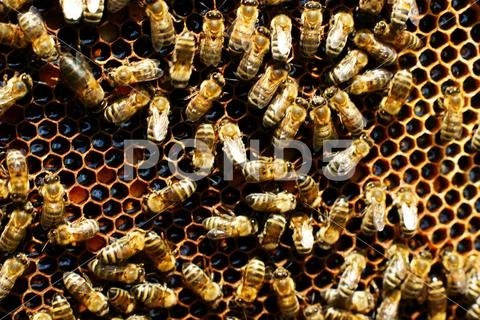
View On WordPress
#agriculture#apiarist#apiary#apiculture#bee#beehive#beekeeper#bees#colony#farm#Goshashka#honey#honeybee#honeycomb#Photo
3 notes
·
View notes
Text
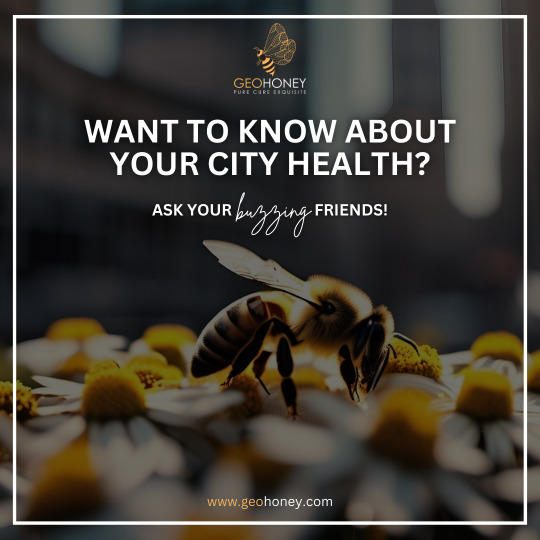
Know the quality of the vibrant life in your city through the unique perspectives of our buzzing friends, the bees. Gain insightful glimpses into urban living and experience a fresh take on what makes your city thrive. Read the complete research on our website www.geohoney.com
#city health#bees#scientific#research#environment#pollution#beehive#pollination#honeycomb#savethebees#apiculture#healthy lifestyle#Geohoney
10 notes
·
View notes